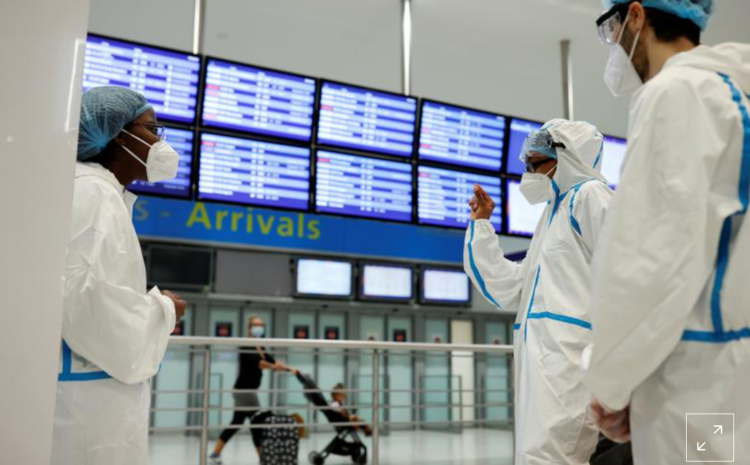Travel restrictions and the use of testing now vary globally. Certain airlines require passengers to obtain a negative test, even as some countries allow visitors in without quarantine, while others bar all non-essential foreigners.
The International Civil Aviation Organization (ICAO) Manual on Testing and Cross Border Risk Management Measures, expected in November, would offer voluntary technical guidance but not oblige countries to remove quarantines.
The manual is not expected to suggest specific tests, such as antigen or polymerase chain reaction (PCR), the sources said. Instead, it would recommend passengers be screened using a test with a sensitivity and specificity of 95% so there would be few false positives and negatives, the sources added.
One of the sources said a range of tests, with reliability as low as around 80% to close to 100%, had initially been considered.
Another proposal is that passengers be tested up to 48 hours ahead of travel but not necessarily at the airport, the sources said. The sources declined to be identified as the discussions are confidential.
U.S. Federal Aviation Administration (FAA) Deputy Administrator Dan Elwell told Reuters on Wednesday that the manual would not be “heavy handed” or provide a prescription for testing. He did not confirm specific details about the manual.
ICAO said in an emailed statement the manual provides countries with a risk management framework for evaluating testing options and factors to consider, should a country elect to implement testing.
While the United States “would like to get to a point where quarantine is not necessary,” Elwell said, it would be difficult to create global guidelines for removing travel restrictions through testing since countries have individual concerns,” he said.
“There are a lot of mixed feelings about quarantines.”
Reporting By Allison Lampert in Montreal and David Shepardson in Washington.; Editing byn Steve Orlofsky
Our Standards: The Thomson Reuters Trust Principles

